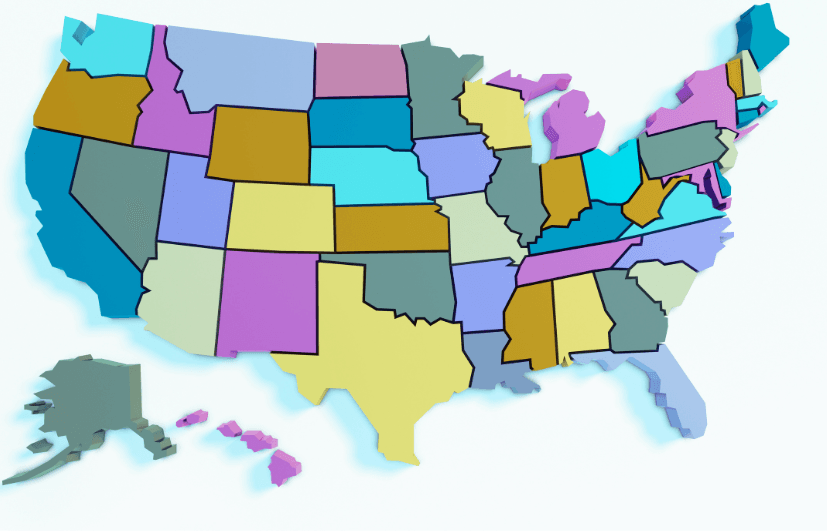Navigating the Maze of Medical Debt in South Carolina: A Comprehensive Guide

Medical debt is a significant concern for many residents in South Carolina. With the complexities of healthcare systems, insurance policies, and the rising costs of medical services, managing and overcoming medical debt can seem like navigating a labyrinth. This comprehensive guide is designed to provide South Carolinians with essential strategies, advice, and resources to effectively manage and mitigate medical debt.
Understanding Medical Debt in South Carolina
The Scope of the Problem
Rising Healthcare Costs: South Carolina, like much of the United States, faces increasing healthcare costs, which can quickly lead to substantial medical debt, particularly for uninsured or underinsured individuals.
Insurance Coverage Gaps: Many residents may find themselves underinsured, leading to unexpected and often unmanageable medical bills.
Contributing Factors
Limited Medicaid Expansion: South Carolina has not fully expanded Medicaid under the Affordable Care Act, which affects the affordability of healthcare for many low-income residents.
Rural Healthcare Access: Access to healthcare in rural areas can be limited, potentially leading to higher costs due to delayed treatments or the need for emergency care.
Strategies for Managing Medical Debt in South Carolina
Know Your Rights
Consumer Protections: Familiarize yourself with state-specific laws in South Carolina that protect consumers against unfair medical debt practices.
Negotiating Medical Bills
Direct Communication: Proactively communicate with healthcare providers about your bills. Many providers are willing to negotiate payment plans or reduce charges.
Charity Care Programs: Investigate whether your healthcare provider offers charity care programs that could reduce or cover your medical bills.
Seeking Financial Assistance
State-Specific Programs: Look into programs offered by South Carolina to assist residents with medical expenses, including Medicaid for those who qualify.
Non-Profit Organizations: Various non-profits in South Carolina provide assistance to individuals struggling with medical debt.
Legal Assistance
Legal Aid: Consider seeking advice from legal aid organizations in South Carolina if you are overwhelmed by medical debt.
Preventative Measures
Health Insurance Coverage
Marketplace Plans: Explore health insurance options available through the South Carolina insurance marketplace, especially during open enrollment periods.
Employer-Sponsored Insurance: Understand and utilize employer-sponsored health insurance if available.
Regular Health Check-ups
Preventive Healthcare: Engaging in regular health check-ups can help prevent more significant health issues and associated costs.
Resources and Support in South Carolina
South Carolina Department of Health and Human Services: Provides information on Medicaid and other health assistance programs (SCDHHS).
South Carolina Legal Services: Offers free legal services to eligible individuals facing issues with medical debt (South Carolina Legal Services).
South Carolina Department of Insurance: A resource for understanding health insurance options (SC DOI).
Conclusion
Navigating medical debt in South Carolina requires an understanding of the healthcare system, awareness of your rights, and knowledge of the resources available to you. By staying informed, advocating for yourself, and seeking assistance early, you can better manage medical debt and reduce its impact on your life. Remember, there are options and support systems in place to help you through this challenging journey.
Read similar articles


Not convinced you love us. We love a challenge.
Your satisfaction is guaranteed. Learn more about our Refund Policy.


















